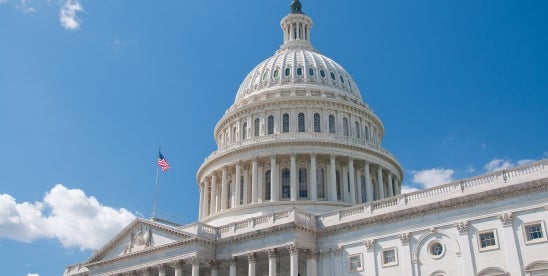Finance Bill 2025: Business Leaders Fear Arrest Powers for Tax Officials

Finance Bill 2025 Sparks Alarm: New Powers to Arrest Business Executives Raise Concerns
Islamabad – The All Pakistan Fruit & Vegetable Exporters, Importers and Merchants Association (APFVEIMA) has voiced its deep concern regarding recent amendments to the Finance Bill 2025. These amendments grant officers of the Inland Revenue Service (IRS) the authority to arrest individuals, including CEOs, Directors, and Chief Financial Officers (CFOs), suspected of tax fraud.
The association believes these sweeping powers could create a climate of fear and uncertainty within the business community, potentially hindering investment and economic growth. The possibility of arrest, even on allegations, is a significant deterrent and could lead to businesses being overly cautious in their operations.
What are the Amendments?
The controversial amendments to the Finance Bill 2025 empower IRS officers to arrest individuals connected to businesses suspected of tax evasion. This includes not only those directly involved in financial management but also top-level executives who ultimately bear responsibility for their company's compliance.
APFVEIMA’s Concerns
APFVEIMA, representing a vital sector of Pakistan's economy, argues that this broad power of arrest is disproportionate and could be misused. They fear it could lead to harassment of honest business owners and disrupt trade flows. The association highlights the potential for frivolous accusations and the difficulty in defending against such charges, especially given the complex nature of tax law.
“We are not against enforcing tax laws,” stated a spokesperson for APFVEIMA. “However, the current amendments create a scenario where business leaders are vulnerable to arrest based on mere allegations. This is unacceptable and will negatively impact the business environment.”
Impact on Businesses and the Economy
The potential consequences of these amendments extend beyond individual businesses. A climate of fear and uncertainty could discourage both domestic and foreign investment. Businesses may be hesitant to expand operations or take risks, fearing potential repercussions for themselves and their leadership.
Furthermore, the amendments could lead to increased legal costs for businesses as they seek to ensure compliance and defend themselves against potential accusations. This added burden could disproportionately affect small and medium-sized enterprises (SMEs), which are crucial for job creation and economic growth.
Call for Review
APFVEIMA is urging the government to reconsider these amendments and engage in dialogue with the business community to find a more balanced approach to tax enforcement. They propose alternative measures, such as increased audits and stricter penalties for proven tax fraud, without resorting to the power of arrest for non-culpable executives.
The association believes that a collaborative approach, focused on transparency and fairness, is essential to fostering a thriving business environment and ensuring sustainable economic development in Pakistan.
Disclaimer: This article is based on information provided by APFVEIMA and available news reports. Legal interpretations may vary.






